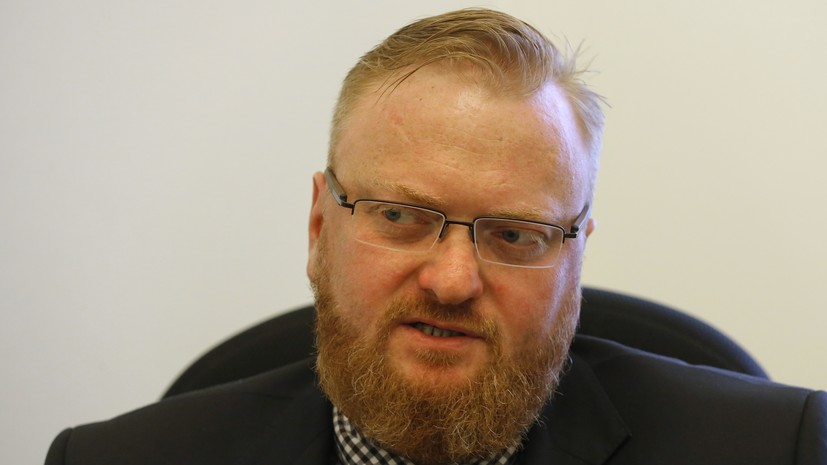The parliamentarian noted that in Russia "the discussion has intensified" regarding measures to control stray animals against the backdrop of reports of attacks by stray dogs on residents in different regions of the country.
At the same time, as Milonov added, one should not forget that many stray dogs were once pets, and ended up on the street through the fault of their former owners.
The deputy stressed that today people decide for themselves how many dogs they want to buy, what size and breed.
“And it often happens that after a few months of owning a pet, the owner finds himself unable to take care of the dog.
The easiest way out for such people is to drive the dog out into the street, provoking the growth of aggressive packs on the streets of cities, ”explained the interlocutor of RT.
In his opinion, it is necessary to work out the issue of introducing a unified system of accounting and control for keeping dogs in large cities of Russia.
For example, according to Milonov, breeders should conduct an interview with a potential owner about his readiness to keep and raise a pet.
The deputy added that special attention should be paid to housing conditions, since the residence of a massive animal in a small apartment in violation of sanitary standards should be unacceptable.
He also reminded about the need for chipping dogs.
“Chipping and obtaining a physical document for a dog should become a prerequisite for keeping an animal: information not only of a veterinary nature, but also the owner’s data should be entered on the chip to establish a strict legal relationship between a citizen and his pet,” the text of the appeal says.
Milonov added that if this proposal is implemented, it will be possible to reduce the unwanted "flow" of pets into the street, establish the principle of responsibility of a citizen for his pet, and also "take a huge step in establishing state order in the field of private ownership of animals."
Earlier, State Duma deputy Sukharev proposed to issue dog repellers to law enforcement officers and housing and communal services workers.

